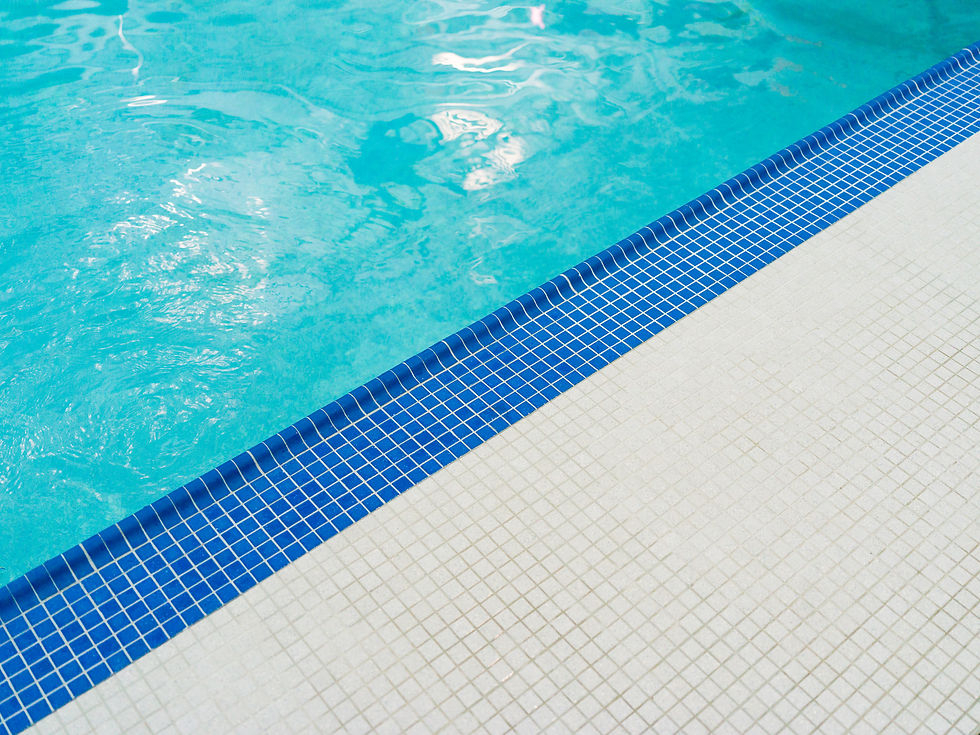Continuous Swimming
- Russell Aquatics Swim School

- Jun 16, 2023
- 2 min read

After reading the title you might think this blog would be about continuously swimming lengths for distance. Continuous swimming is much more that! Please read on to learn the importance of continuing with instructional aquatic programming year-round.
Remember when you learned to swim?
Maybe you learned up at the cottage, in the ocean, with your friends at the community pool, or maybe your backyard pool. With all of these options, you had access to those facilities all the time or every day in the summer. Could you imagine your childhood without those swimming memories splashing in the sun, doing cannonballs, playing Marco-Polo, or just doing hand stand competitions with your friends? Do you remember how good you got at swimming, playing and pretending to be a fish or mermaid? Because you were always swimming at the pool, you had consistent practice while having fun. The key word here is consistency and this is where continuous swimming comes into play!
Many people who learned to swim, learned by consistently going to swim. Whether that be through recreational supervised swim or in an instructional setting. The consequences of not being a habitual swimmer can really slow down the learning process. Unfortunately, this can result in never learning, struggling or stunted learning, or even accidental death. Frequent practice increases your body’s muscle memory and strength, creating more confident and able swimmers.
Did you know that drowning is the leading cause in preventable death worldwide?
In a perfect world, we want our children and ourselves to learn to swim as young as possible! With that being said, aquatic programming on a regular basis can help prevent drowning up to 88%! 92% of drownings in children in Ontario occur due to a lack of supervision and 44% of those deaths occur because the child is a weak or non-swimmer. One of the biggest issues we see today in the aquatic world is lack of continuous swimming and consistency throughout the winter. So many people truly believe that you can get sick when doing swimming lessons in the winter season. This is absolutely false! Yes, when your body is at a cooler temperature your immune system is not as strong. Therefore, technically anything you do in the winter can make you sick.
There is an old wives tale that gave the notion that if your head is wet and you go outside you’re going to catch a cold. Again, totally false. It is the viruses and bacteria that makes you sick, not the wet head in the cold weather.
Swimming in the winter season does not have a direct impact on your health.
For all those who believe swimming in the winter is a bad idea, they will not see as much progress in a timely manner and may even fall behind in endurance, technique and muscle memory due the break in lessons. This break may be up to 3 or 4 months depending on the duration of the session.
In short, continuously swimming by participating in regular swimming lessons is key to ensure your child is progressing and gaining important swimming skills. This will allow them to feel comfortable and more importantly, safe in and around water.



